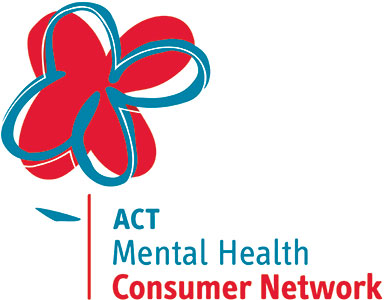Vision and objectives
The Network works on a rights-based philosophy emphasising the right of mental health consumers to receive adequate services on an equitable footing with other health consumers, as well as acknowledging the violation of human rights involved in the provision of many mental health services, especially concerning involuntary treatment.
The Network’s Vision, values and guiding principles as expressed in the current strategic plan are as follows:
Vision
A community of connected voices achieving positive change.
Statement of Purpose
To advocate all means to improve and enhance systems, services and practices for consumers in the ACT by:
- Discovering and promoting the collective voice;
- Facilitating and supporting consumer participation at all levels of decision-making; and
- Ensuring a commitment to consumer-driven recovery.
Values
- Empowerment
- Respect
- Courage
- Social justice; and
- Meaningful inclusion.
Guiding Principles
Our guiding principles reflect our values of empowerment, respect, courage, social justice; and meaningful inclusion. They reflect what Board, members and staff expect of each other in their work together and how we work with others in our representative and collaborative capacities.
Value of lived experience
Open dialogue and systemic advocacy
Increased self-awareness
Consumer-driven recovery
Ensure social justice and human rights are upheld
Sense of community
Objectives
The Constitution of the ACT Mental Health Consumer Network defines the Network’s objectives as follows:
- The objectives of the Network are:
- to advocate all means to achieve equity and access to better mental health and wellbeing; and
- to support the empowerment of consumers to engage in the development, improvement and expansion of mental health and related services in the ACT.
- To achieve these objectives the Network will:
- provide an infrastructure for maximising consumer participation in the development of mental health policy, planning, decision-making, service delivery and evaluation;
- facilitate the provision of a range of fora for developing and representing the unique consumer voice;
- disseminate information and use other strategies aimed at enhancing recognition of and respect for rights and overcoming stigma and discrimination; and
- undertake other actions as appropriate.
